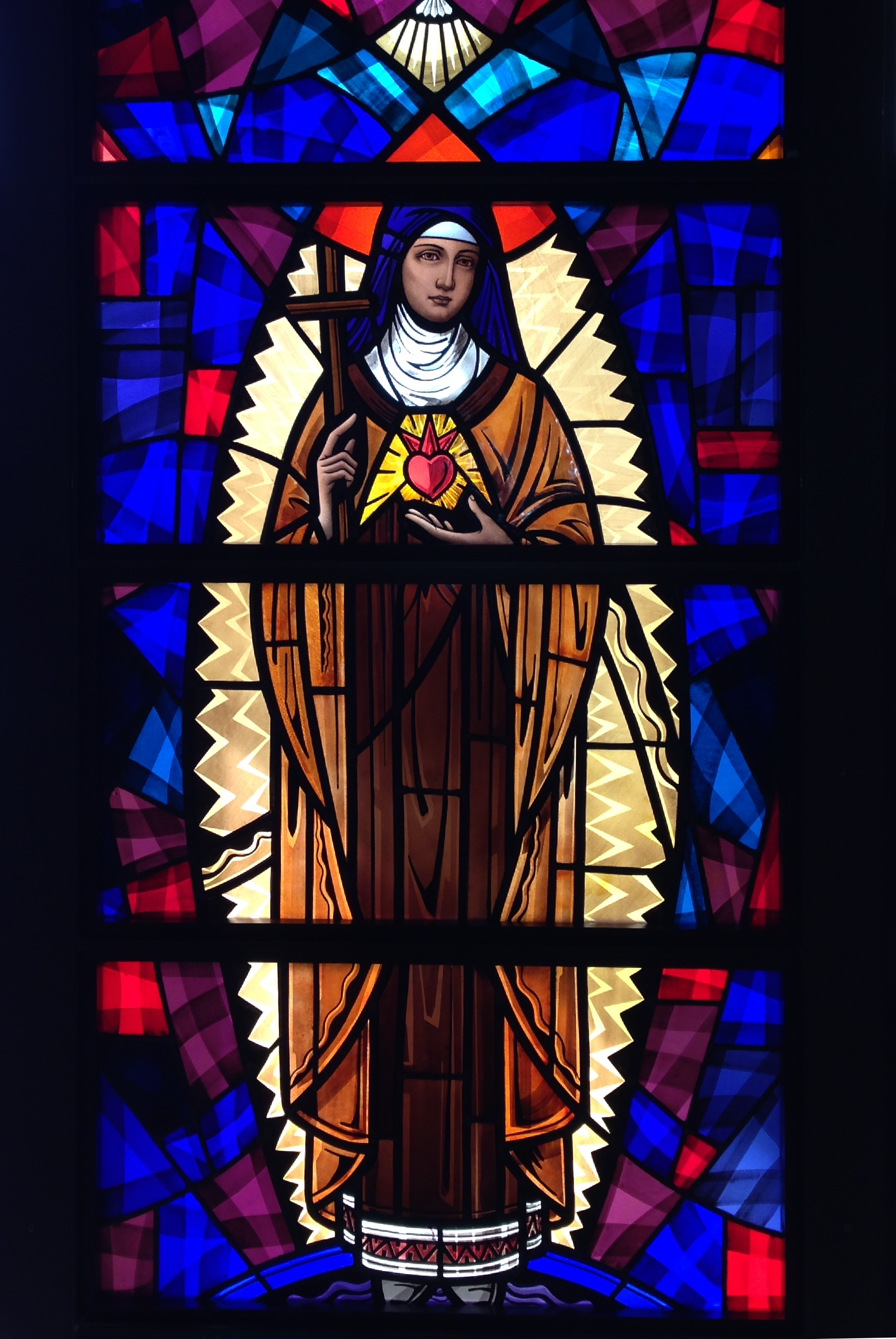The Feast of Corpus Christi originated in 1246 when Robert de Torote, bishop of Liège, ordered the festival celebrated in his diocese. He was persuaded to initiate the feast by St. Juliana, prioress of Mont Cornillon near Liège (1222–58), who had experienced a vision. It did not spread until 1261, when Jacques Pantaléon, formerly Archdeacon of Liège, became pope as Urban IV. In 1264 he ordered the whole church to observe the feast. Urban’s order was confirmed by Pope Clement Vat the Council of Vienne in 1311–12. By the mid-14th century, the festival was generally accepted, and in the 15th century, it became, in effect, one of the principal feasts of the church.
Feast of Corpus Christi, also called Solemnity of the Most Holy Body and Blood of Christ, festival of the Roman Catholic Church in honor of the real presence of the body (corpus) of Jesus Christ in the Eucharist. This is a movable observance, as it is observed on Thursday in some countries or the Sunday after Trinity Sunday. This is a holy day of obligation in many countries.
